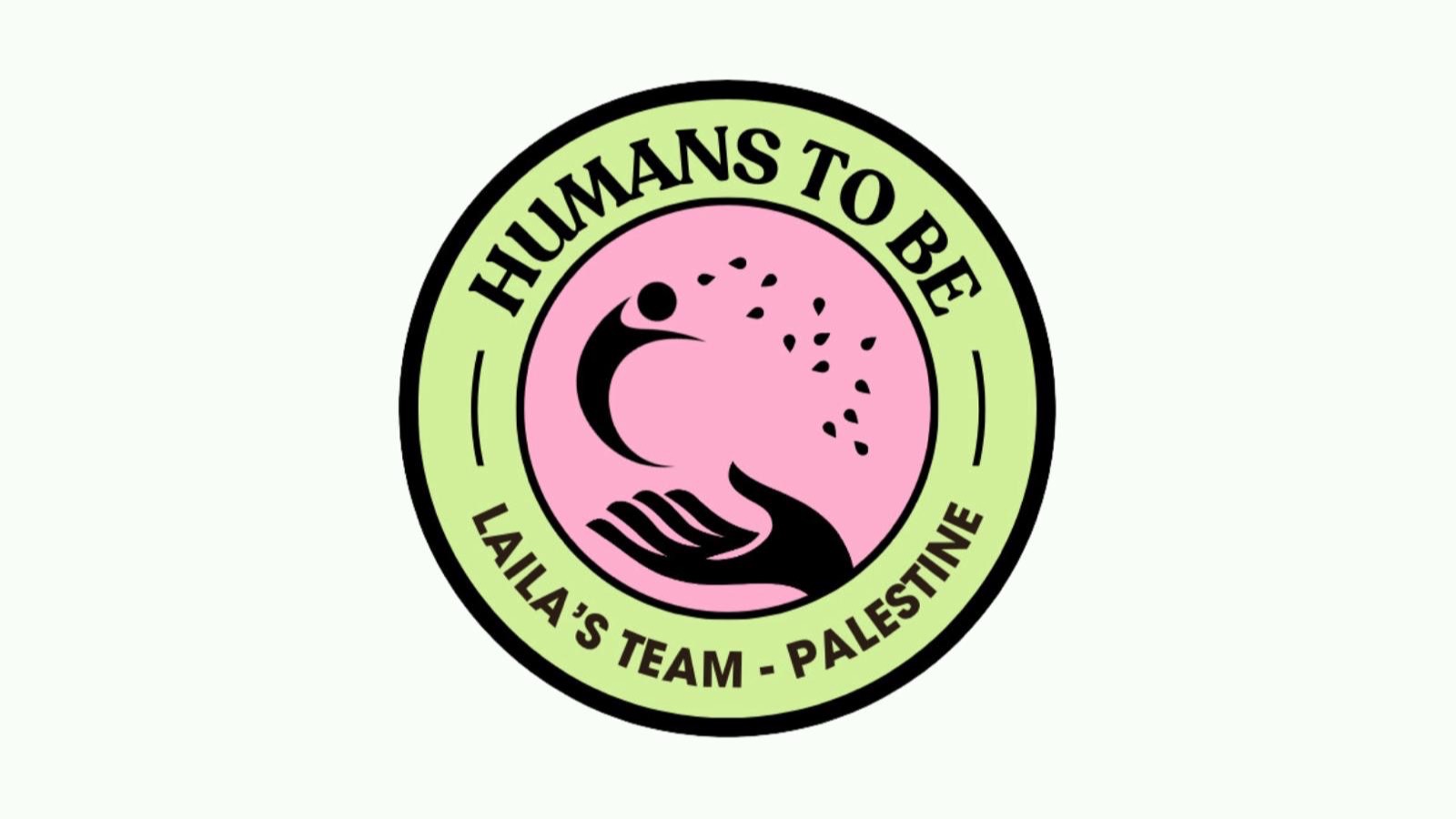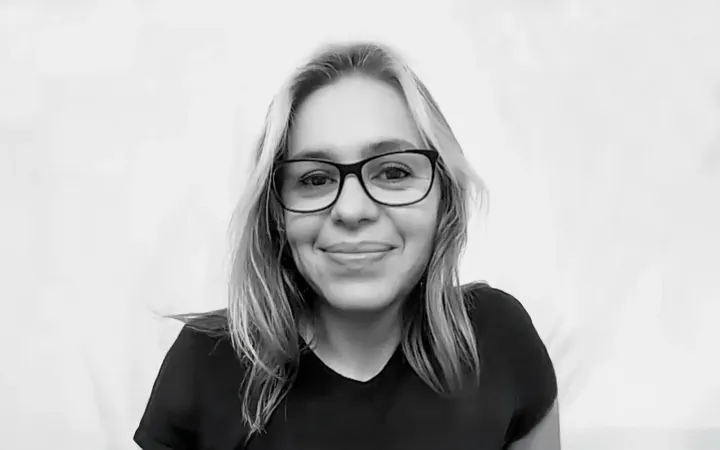By Mónica Moreno Figueroa

Do realities need to become “real” in a personal way for us to notice them? There is a widespread belief that information, education, that these words I write, are in themselves enough to see, think and act. This logic (seeing – thinking – acting) is often put forward as the process needed to achieve the social transformation that we have been pursuing for so long, that transformation that is always just around the corner, almost there, nearly here. And yet, we wake up to new horrors, more despair, more frustration and a growing unease that things simply are not getting better, have not, will not.
A great challenge, it seems to me, lies in balancing our attention to allow us to see what is in front of us, without blinking, to see this devastating irrationality, and at the same time to absorb beauty, see the horizon, feel the immensity of the universe in the power of a smile, a hug.
This thought overwhelmed me when I saw the latest video, that my best friend, Sol González Eguía, uploaded to her social media on the 27 of September. I see her with her bronzed skin, her long brown hair loose, moving with the wind and the sway of the boat. She keeps the phone close, I imagine as part of safety protocols, but lets us see the sea, blue as we have learnt to read it, with those shining touches here and there, the waves sprinkled with light. And then I hear her: she speaks of the complexity and interconnectedness of violent conflicts, of who profits from wars, of how to fight for one cause is to fight for all. She speaks of Palestine, she speaks of Gaza, she speaks of the Israeli army, of genocide, of the humanitarian aid corridor, of children hungry, afraid, without legs, without play, without safety. And then I see the sea and I see Sol’s face the size of my phone screen. So far, so close.
Meanwhile, I am in a cheap hotel in Heidelberg, Germany: the traffic lights work, only rain falls from the sky, the clouds move and let the sunshine on the green mountains with their castle, on the river flowing generously, and the old town full of music, food stalls, people strolling. I open my Facebook page and there is Sol again, telling me about the connection between the 43 disappeared students in Ayotzinapa and Israel’s military and technological power. Gaza has become real for me through Sol’s experience. Maybe there are many for whom the irrationality of violence is not hiding, or perhaps others have stopped hiding from it because someone meaningful to them is ever closer to the horror, because someone I love is there experiencing that reality and this does not let me return to the disconnection ‘needed’ to get on with the everyday.
An insightful perspective to understanding this overwhelming complexity is the work of South African academic, Professor Nyasha Mboti, who has developed ‘Apartheid Studies’ (Mboti, 2023, 2024). Mboti (2024) proposes that to understand why oppression persists, “how harm goes on instead of going away” (2024: 54), it is not enough to study oppressors or institutions of power – we have done that plenty. Instead, he suggests that we should focus on “how oppressed people live with harm from hour to hour and day to day” |(Mboti, 2024: 63). The key is that oppression is sustained because its costs fall on those who live in oppressive circumstances: the oppressed are the ones who end up paying, enduring and organising daily life around oppression (Mboti, 2024: 54). Mboti calls this mechanism the Rate of Oppression (ROp): “the bill and invoice of living with harm” (2024: 70). This bill is paid differently by different people, at different times, and at different intensities. Oppression persists because these differences mean that not everyone reacts in the same way or at the same time. This makes the experience of harm staggered, distributed unevenly across lives.
A central idea we need to understand, claims Mboti is “demotion”. He argues that beyond “fight or flight” responses to threat, a common reaction among oppressed people (and I’d say amongst all) is demotion: continuing to live amidst harm (Mboti, 2024: 56), prioritising immediate tasks (paying the rent, bills, buying food, taking children to school), instead of confronting oppression directly. Life goes on a midst harm and most of us prioritise survival over confronting oppression. Demotion forces us to see that the continuity of life under oppression is not a sign of strength, but “a conflict of interest that sustains the persistence of harm” (Mboti, 2024: 55). Mboti poignantly asks and warns: “How do people live with harm? How do people live in harm’s way? How will people get out of it? We notice that once people have learnt to live with harm, such that life goes on, global emergencies are called off. There is no more crisis.” (Mboti, 2024: 55)
Following Mboti then, I can see how those who are privileged enough to stop everything, who suspend their daily life, like Sol, expose the fundamental trap of the system of oppression. Sol is part of the Global Sumud Flotilla, currently sailing as part of the Mexican delegation in the Mediterranean Sea towards Gaza to stop the illegal siege, open a humanitarian corridor, and end the ongoing genocide of the Palestinian people. And I, living in demotion, “have” to take the train to London, buy food, run the washing machine, take my medicines, get to my scheduled meetings, yoga class, dinner with colleagues. And so I go on, living amidst harm. I and so many others.
When I heard Mboti speak about his work at a conference at the Global Racisms Institute for Social Transformation in July this year, I felt uncomfortable, and could see others in the room about to fall off their chairs. Mboti asked us: “What were you doing while Gaza was being bombed? What did you do the following day?” These questions keep ringing in my ears: What am I doing while bombs close in on the last hospital standing in Gaza, while Sol is on the flotilla, while people march for the 43 students disappeared in Ayotzinapa…?
I am clear that the next questions must be about how to balance our attention so that we keep our hearts and minds radically open to all that is happening in the world; how to understand that nobody is exempt from the circulation of oppression, that we are all entangled in being oppressors and oppressed. For now, I do not have solutions to the dilemma posed by Mboti, to the challenge launched by Sol (and others), to the heart-breaking cries of people subjected to violence. The only thing I could think of today was to write this, to add words in the hope that they might contribute to enacting change, an encouragement to you, the reader, to see, to feel, to think, to feel, to act, to feel, and to begin again: to see, to feel, to think… To feel and be moved by our complicity, by my complicity, your complicity, our entanglement in demotion. And to face the complexities, and be grateful to those who stop, who say no, who leap out of their everyday lives into harm’s way because of all those harmed.
Note: From the Global Sumud Flotilla, Sol asks us to support Humans To Be, a Palestinian organisation dedicated to providing emotional support for the children of Gaza.

References
Mboti, N. (2023) Apartheid Studies: A Manifesto. Trenton, NJ: Africa World Press.
Mboti, N. (2024) ‘The Rate of Oppression (ROp): The Apartheid Studies Approach to the Study of Harm’, in Mlambo, O.B. and Chitando, E. (eds.) The Palgrave Handbook of Violence in Africa. Cham: Palgrave Macmillan, pp. 53–74. https://doi.org/10.1007/978-3-031-40754-3_2
Las opiniones expresadas son responsabilidad de sus autoras y son absolutamente independientes a la postura y línea editorial de Opinión 51.





Comments ()